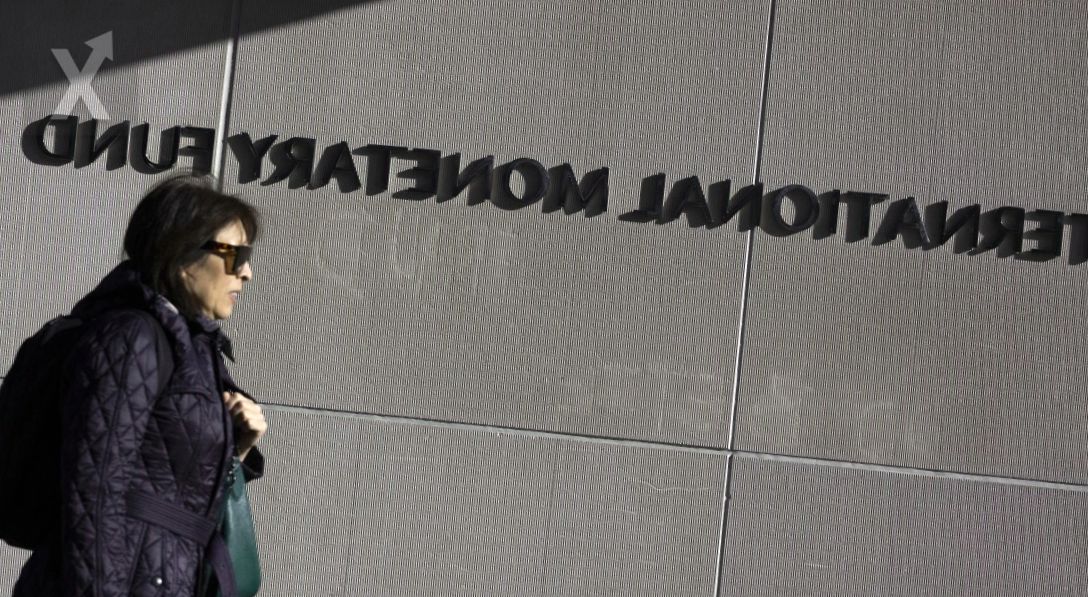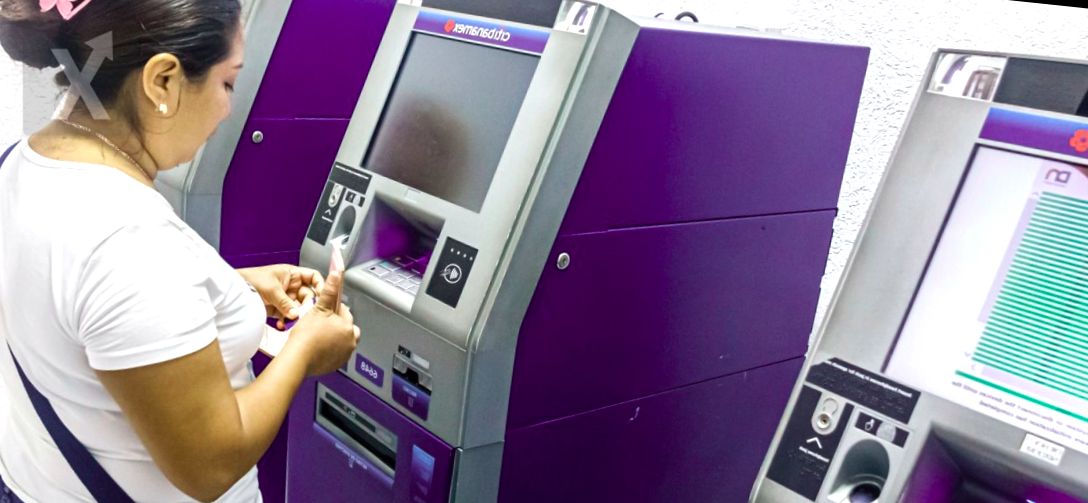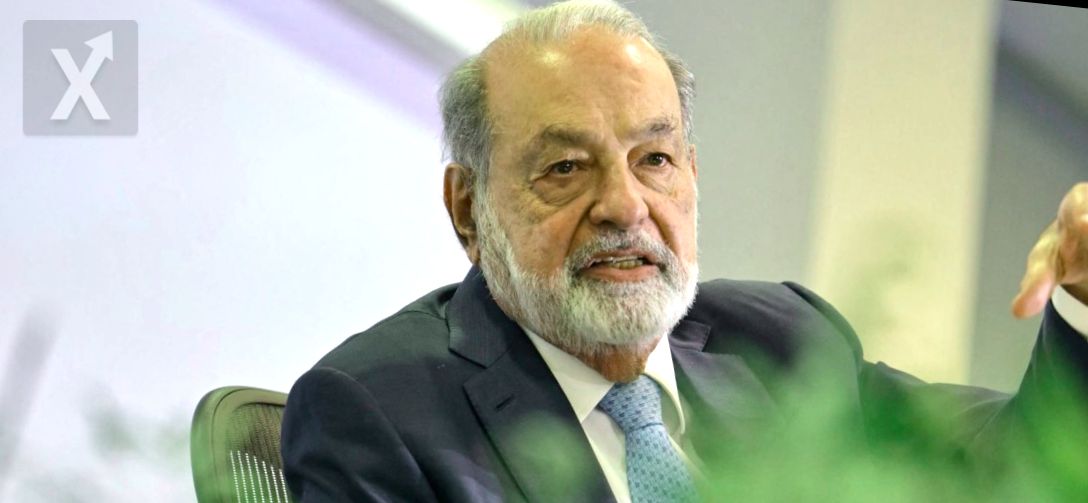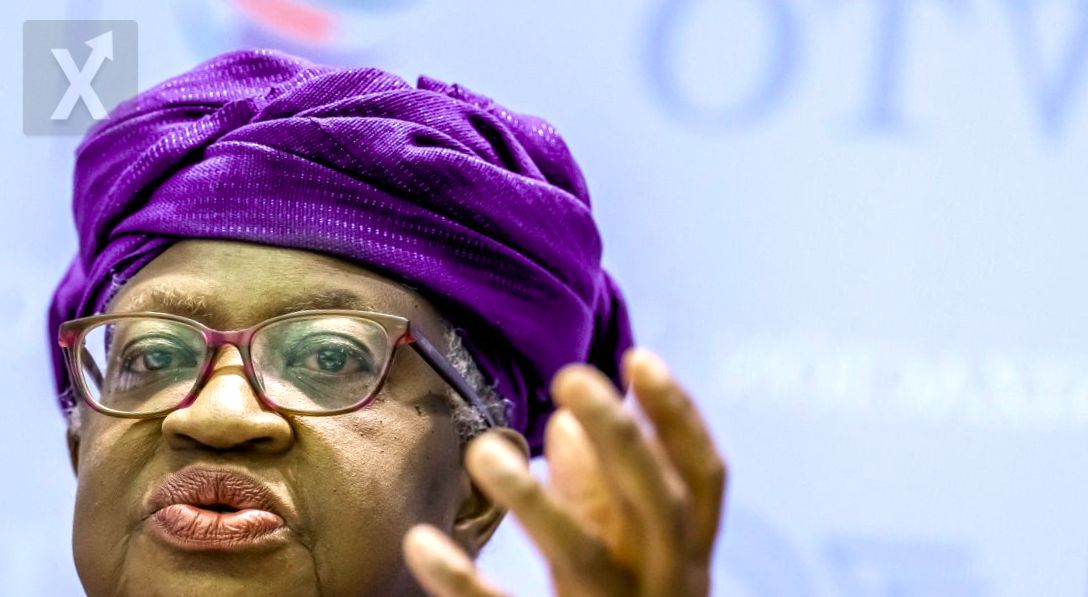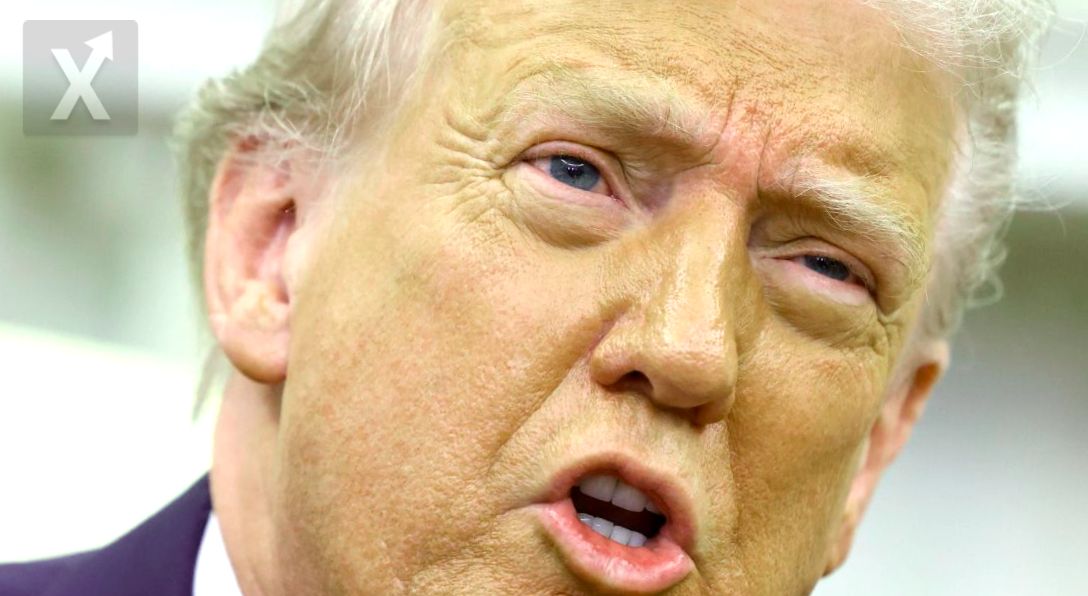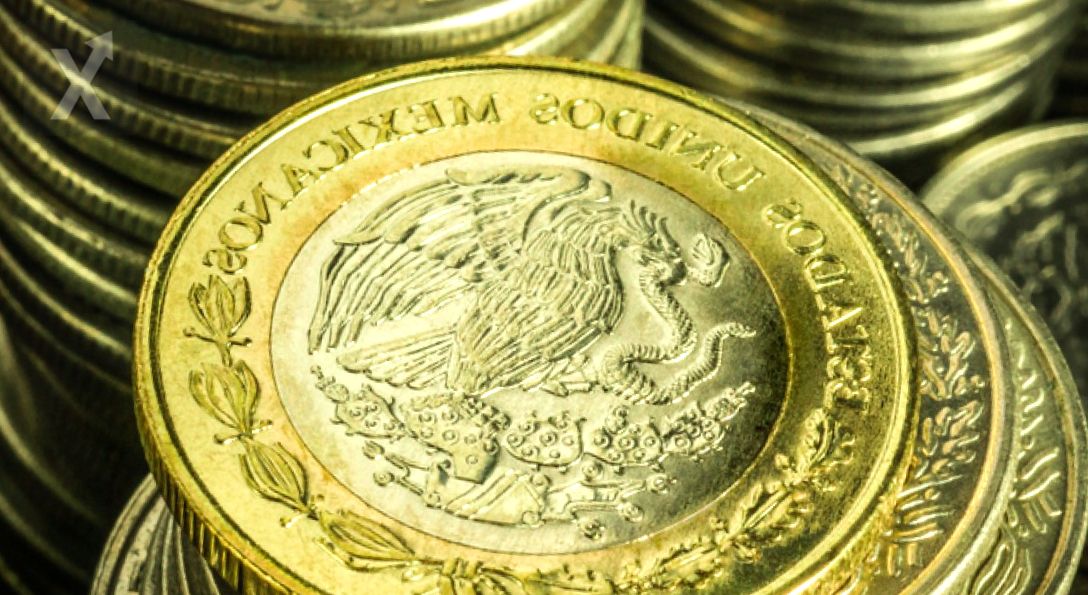The European Union Begins Its Retaliation Against U.S. Tariffs Starting April 15
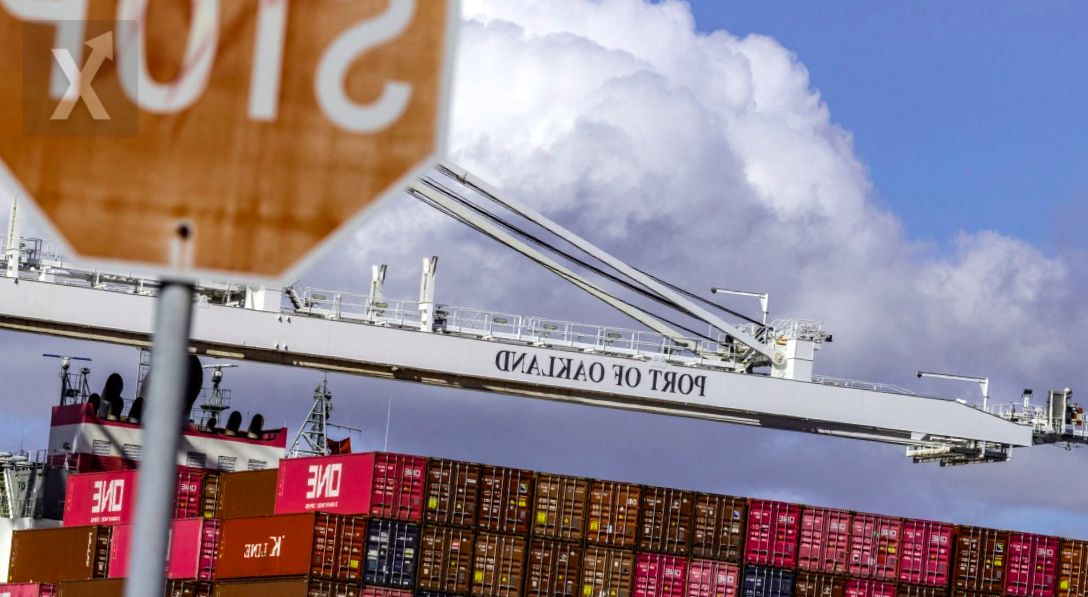
(BRUSSELS) - The European Union (EU) will start implementing its first responses to the tariffs imposed by U.S. President Donald Trump next week, EU officials reported yesterday, aligning with Canada and China in initiating retaliation and escalating a global trade conflict.
The decision was made just as Trump’s "reciprocal" tariffs on the EU and several countries took effect, which include massive 104% tariffs on China, continuing his tariff offensive and prompting increased activity in financial markets. This bloc of 27 nations will face a 25% tariff on products like steel, aluminum, and automobiles, in addition to new general levies of 20% affecting nearly all other goods under Trump's strategy to sanction countries he believes have high barriers against U.S. imports. Beginning next Tuesday, the EU will impose a 25% tariff on a variety of U.S. imports, specifically in response to the tariffs on metals. The bloc is still considering how to respond to the levies on vehicles and other broader taxes. Imports from the U.S. include corn, wheat, barley, rice, motorcycles, poultry, fruits, wood, clothing, and even dental floss, according to a document Reuters accessed. Last year, the value of these imports reached about 21 billion euros ($23 billion), indicating that the EU's retaliation will impact products totaling less than 26 billion euros of EU metal exports affected by U.S. tariffs. These tariffs will be implemented in phases: on April 15, May 16, and a final phase affecting almonds and soybeans starting December 1. "These measures can be suspended at any time if the United States agrees to negotiate a fair and balanced deal," the European Commission emphasized in a statement. A committee of trade experts from the 27 EU countries approved the Commission's proposal on Wednesday afternoon. EU diplomats reported that 26 members voted in favor, while only Hungary opposed it.
The decision was anticipated, as the Commission had already consulted with EU members and adjusted a preliminary list in mid-March, excluding dairy and alcoholic beverages from the U.S. Major wine exporters, like France and Italy, expressed concern after Trump threatened to impose a 200% tariff on EU wines and spirits if the EU proceeded with a 50% tariff on bourbon. In response to measures announced by Beijing last week, Trump had nearly doubled the tariffs on Chinese imports. In turn, China announced it would impose an 84% tariff on U.S. products starting Thursday.
In situations like this, trade conflicts often create uncertainty in markets and impact the economies of various nations. It is crucial for the involved countries to seek dialogue and negotiated solutions, as an increase in tariffs can lead to a vicious cycle of retaliation, affecting not only governments but also businesses and consumers. Diversifying markets and adapting to new regulations will be key to mitigating the economic repercussions in the long term.
